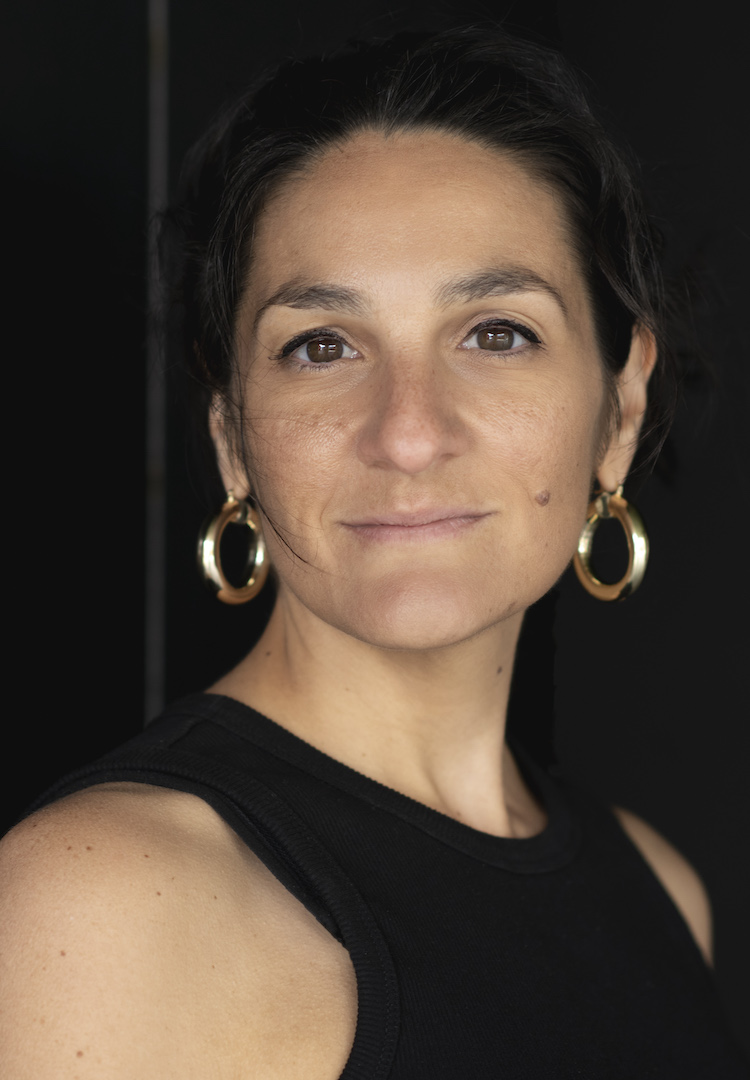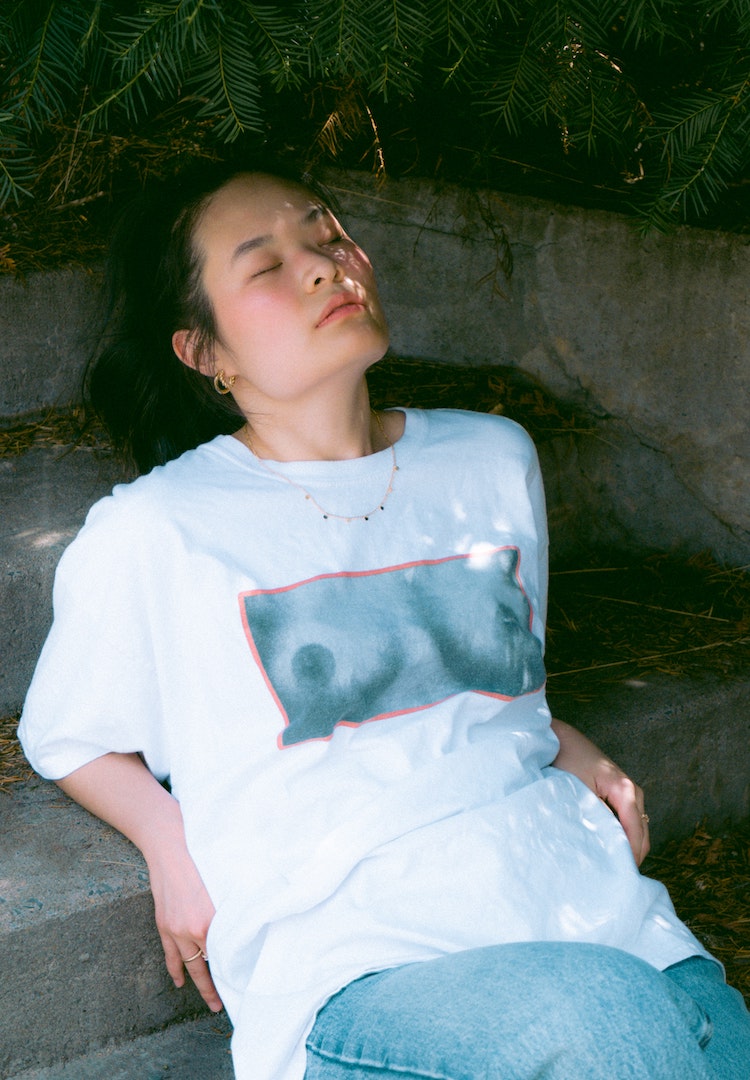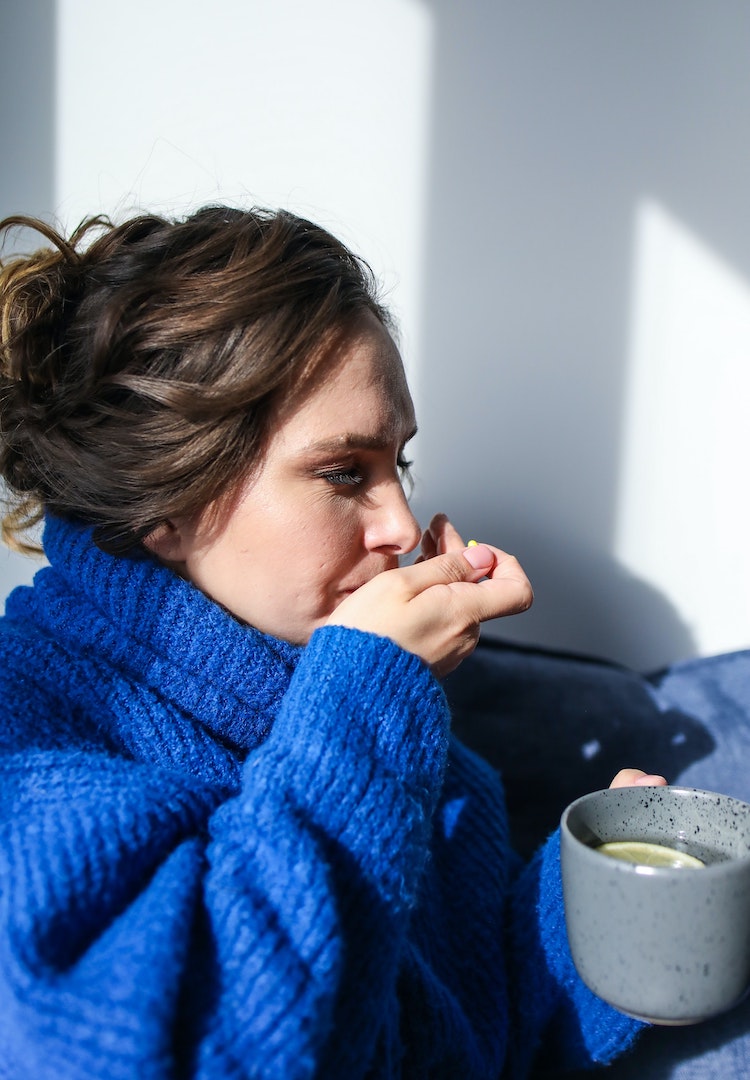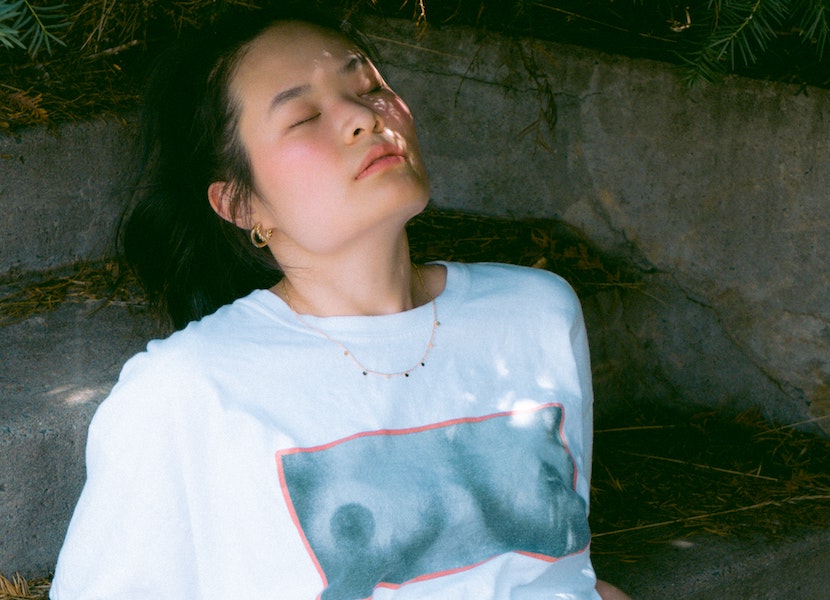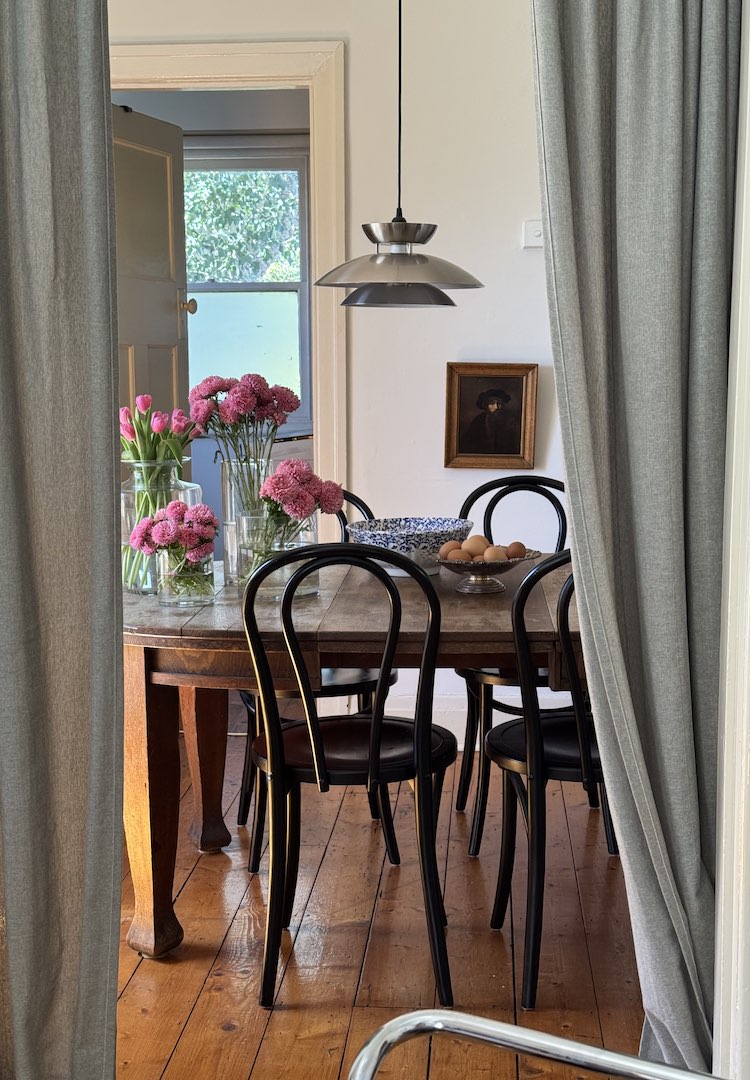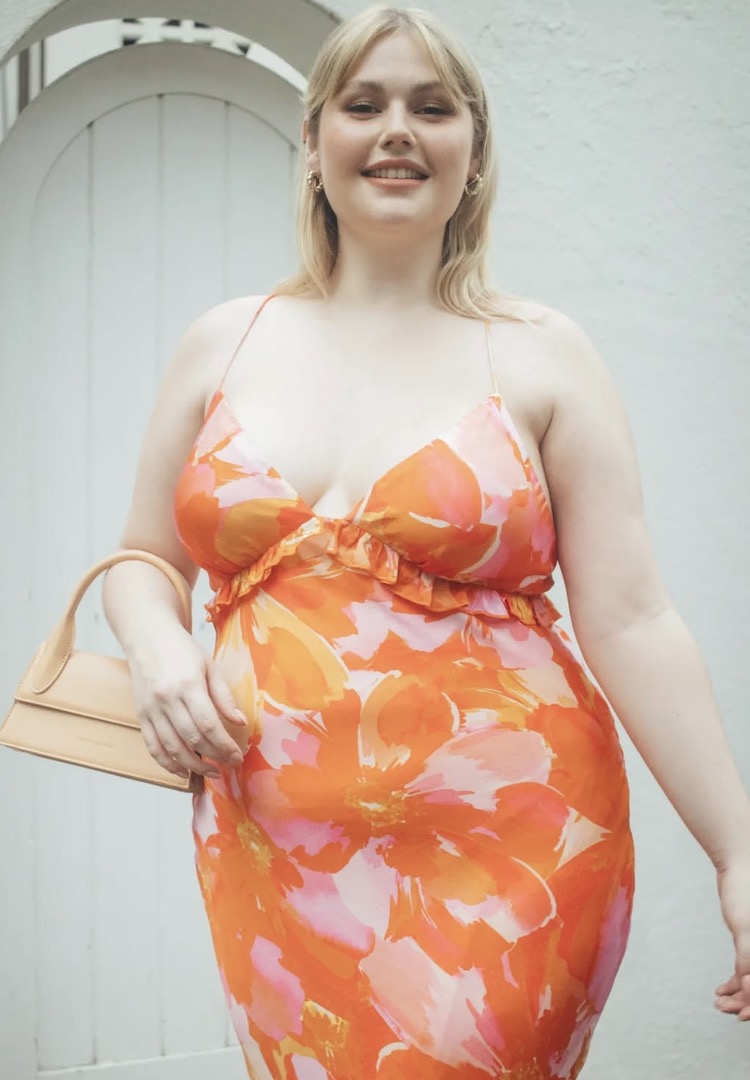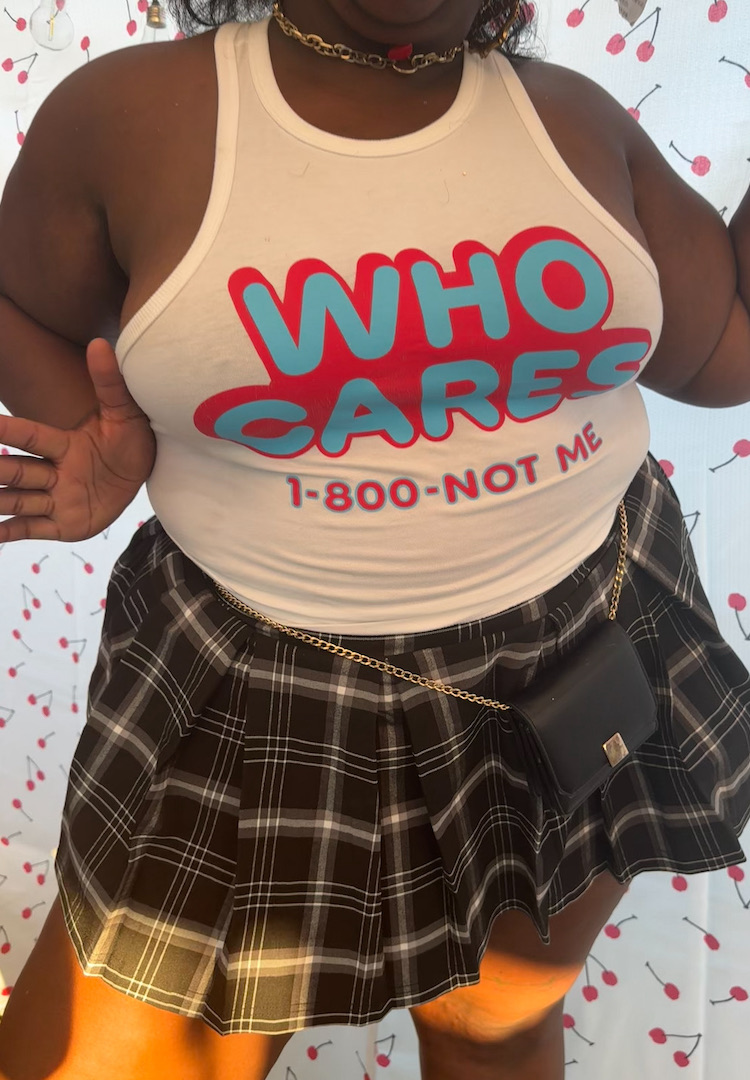How TikTok taught me I have ‘sad nipple syndrome’
WORDS BY MIA HARRISON
“The only way I can describe it is an incredibly intense feeling of impending doom, guilt and shame if I were to even brush up against my nipple.”
Content warning: This article briefly mentions child sexual abuse.
As the years have gone by, the act of self-censoring for the sake of the internet’s permanence has thankfully become outdated. It seems collectively we have agreed that we are, in fact, all human – so the little quirks, obsessions and idiosyncrasies we share online are now celebrated.
The sense of community has proven to be helpful to a lot of people – especially in the case of our brains and bodies. These days, I often use TikTok and Reddit to find validation when experiencing something I’m unsure about. And you know, I find it kind of adorable. It’s like whispering into a dark room, “Anyone in here?” A light pops on, revealing the rooms packed to the brim with people from all over the world who have this thing in common with you.
Interested to hear how others navigate the world? Head to our Life section.
I had this happen to me, almost accidentally, a few weeks ago. Scrolling through TikTok, I stumbled upon this video of a creator talking about this seemingly indescribable feeling she gets when she touches her nipples. I freaked out as she tried to explain the symptoms she had. I felt like the words were coming straight from the dark corners of my brain. I checked the comments under the video, and they were filled with other people validating this feeling I’ve experienced pretty much since I can remember.
TikTok has continued to prove I’ve truly never had a unique experience, and it turns out this thing I thought was unique foible to me actually has a name. It’s referred to as ‘sad nipple syndrome’ (don’t you just love the very literal title), and I’ve been overcome with shock and relief seeing just how common this phenomenon truly is.
What is sad nipple syndrome?
I can only speak anecdotally on this, and the only aspect that seems to be solid about sad nipple syndrome is that it’s real and surprisingly common in women (evidenced by my fellow chronic oversharers). There’re a few different research papers out there but unfortunately, they’re inconclusive.
In my experience
I remember noticing this horrible feeling between the ages of eight to 12. The only way I can describe it is an incredibly intense feeling of impending doom, guilt and shame if I were to even brush up against my nipple. For me, when this seemingly innocent and mostly incidental contact would occur, I remember feeling like I wanted to be sick. The anxiety was nauseating and extremely unsettling – but being so young, I found it hard to articulate what those feelings meant, even just in my own head.
As I got a little older, I boiled it down to the changing of my body and guessed it had something to do with hormones. However, like most gawky teenagers, I found it really embarrassing to talk about my changing body. These sensations weren’t occurring all the time, but they happened frequently enough for me to take notice. In the blossoming of sexuality, it was daunting thinking I had something NQR with me.
It was when I was a young adult that I tried to draw some sort of conclusion. Adult media (and no, I don’t just mean porn) seemed to reference the nipples as being this amazing erogenous zone. But the idea of that made me shrivel up. I couldn’t understand why this area that was supposed to be so pleasurable and fantastic filled me with dread, making me feel sad and violated.
To be completely honest with you, it was at this point I concluded it was some sort of distant trauma from when I was sexually abused as a child. I didn’t understand why that was the trigger and to be honest, I didn’t want to know. I had never heard of others experiencing this sensation before, so at the time it was the only answer that logically made sense to me.
Since then, I’ve learnt these feelings aren’t necessarily related to trauma. There’s something in our biology that makes us feel this way. When reading comments like “It’s this immediate feeling of… sadness, or like remorse or guilt over everything I’ve ever done wrong” and “The closest feeling I can associate it with is homesickness”, I realised it was something clinical and common, not a quirk my brain made just for me.
What are the theories?
If you scroll through the comments on videos associated with sad nipple syndrome, you’ll find some people trying to unpack the phenomenon. A few researchers have tried to link it to the recently discovered condition, dysphoric milk ejection reflex or D-MER. It’s similar to sad nipple syndrome but seen in breastfeeding mothers.
The studies on D-MER theorise that a drop in dopamine seen in milk let-down provokes an ‘abrupt dysphoria’. These often-fleeting symptoms suggest the instinctual influx of hormones when breastfeeding a child is to blame for this surge in emotions. While D-MER isn’t necessarily linked with sad nipple syndrome, Alicia Macrina Heise (founder of d-mer.org) theorises the dysphoric feeling experienced by those who aren’t breastfeeding is brought on by the “same hormonal cocktail”.
Alicia says sad nipple syndrome is trickier to understand as, unlike D-MER, there isn’t an obvious trigger. The condition is long-lasting, as opposed to D-MER which only sticks around during breastfeeding. Heise also speculates a link between what’s known as ‘post-coital dysphoria’ (more commonly referred to as ‘post-sex blues’).
This is thought to be a key theory, as people often refer to this melancholic feeling when nipple play occurs during sex – but nipple stimulation can happen outside of sex too. So, unfortunately, like most female-dominated medical issues, sad nipple syndrome is misunderstood and under-researched. But for now, know you aren’t going crazy.
If you or someone you know has experienced sexual assault, you can call the national sexual assault counselling service 1800RESPECT, or head to this website for support and advice.

